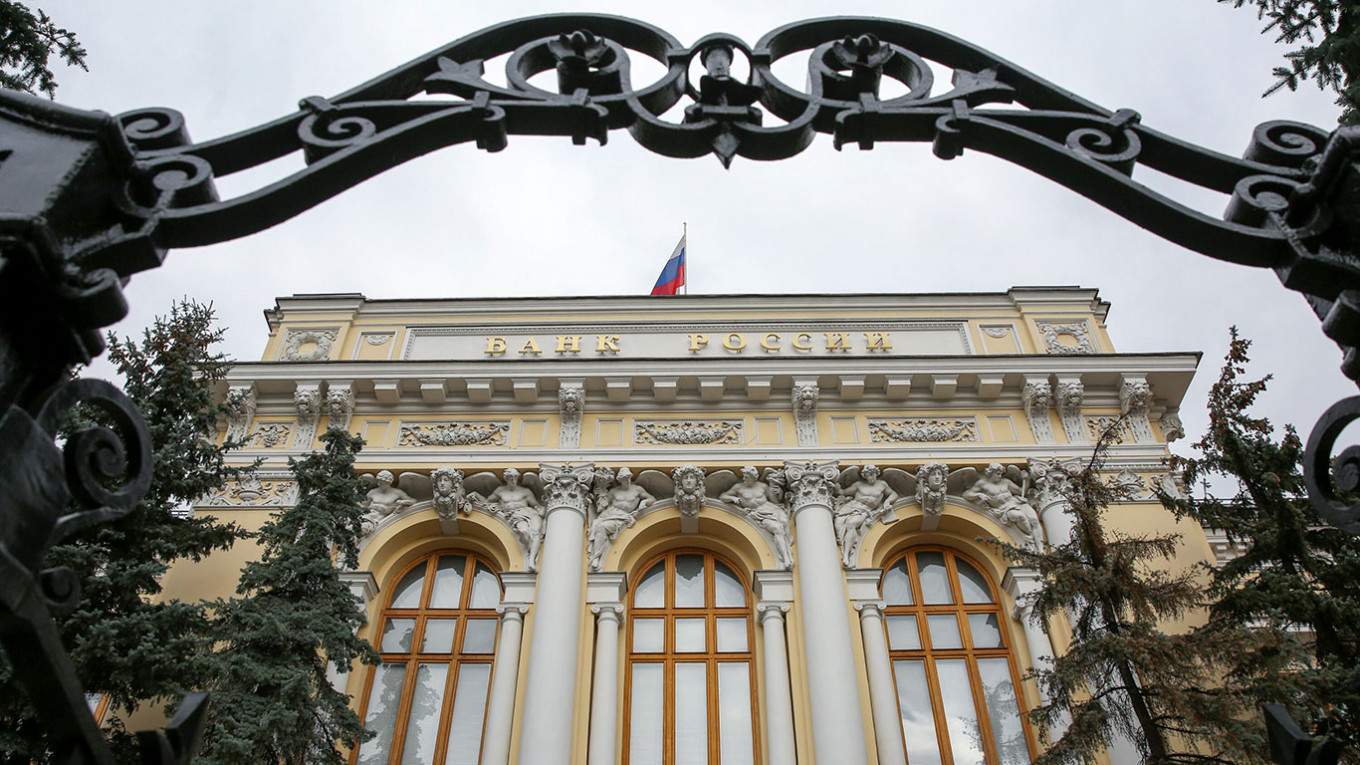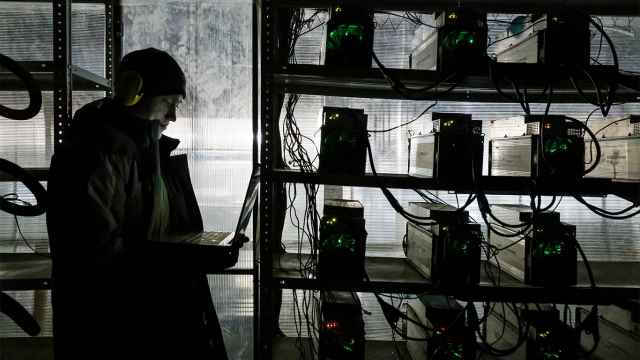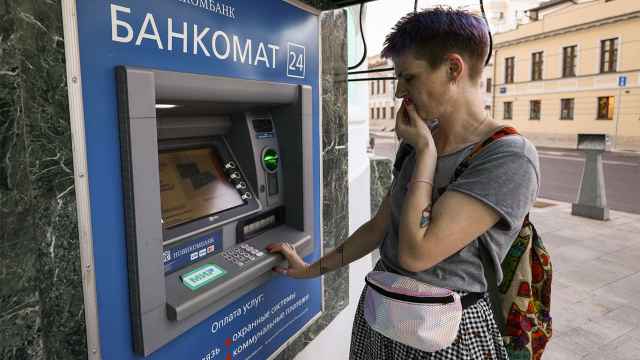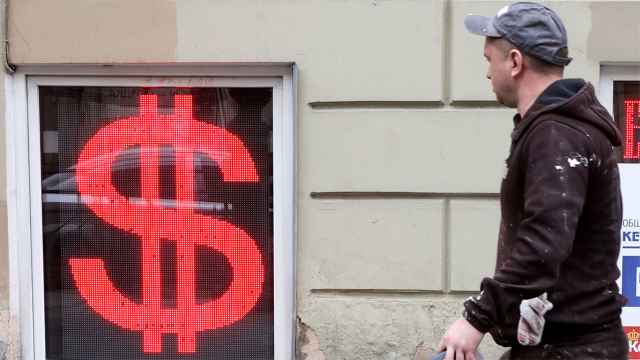Russia’s Central Bank cut its key interest rate for the third consecutive time at an emergency meeting Thursday as authorities seek to rein in the surging ruble.
The Bank of Russia will lower interest rates from 14% to 11% from Friday.
Officials increased interest from 9.5% to 20% as an emergency measure after Russia invaded Ukraine in late February amid fears of a run on the national currency
They later slashed that rate to 17% on April 8, and to 14% on April 29.
“External conditions for the Russian economy remain difficult, which significantly limits economic activity,” the Central Bank said in a statement.
Low lending activity “limits pro-inflation risks and necessitates easing of monetary conditions,” it said.
Annual inflation slowed down “significantly” from 17.8% in April to 17.5% in mid-May, a faster decline than the bank had forecast.
The Russian stock market gained 1.7% to 2,380 points after the Central Bank’s announcement.
In conjunction with a rate rise, Russia introduced strict capital controls to assist the ruble after Russia was hit with unprecedented sanctions following the start of Moscow's military campaign in Ukraine.
Currency controls included obliging exporters to sell 80% of foreign currency revenue, and restrictions on individials.
Combined with a collapse in imports, this helped the ruble stage a spectacular rebound and it is currently trading at 4-year highs against the U.S. dollar.
While the government has recently taken steps to loosen capital controls, the ruble continues to appreciate.
A strong ruble is creates problems for the government, which fears it can hit budget revenues, increase the deficit and impact energy exporters.
Following the rate cut Thursday, the ruble weakened to 60.9 against the U.S. dollar and 63.36 against the euro.
A Message from The Moscow Times:
Dear readers,
We are facing unprecedented challenges. Russia's Prosecutor General's Office has designated The Moscow Times as an "undesirable" organization, criminalizing our work and putting our staff at risk of prosecution. This follows our earlier unjust labeling as a "foreign agent."
These actions are direct attempts to silence independent journalism in Russia. The authorities claim our work "discredits the decisions of the Russian leadership." We see things differently: we strive to provide accurate, unbiased reporting on Russia.
We, the journalists of The Moscow Times, refuse to be silenced. But to continue our work, we need your help.
Your support, no matter how small, makes a world of difference. If you can, please support us monthly starting from just $2. It's quick to set up, and every contribution makes a significant impact.
By supporting The Moscow Times, you're defending open, independent journalism in the face of repression. Thank you for standing with us.
Remind me later.






